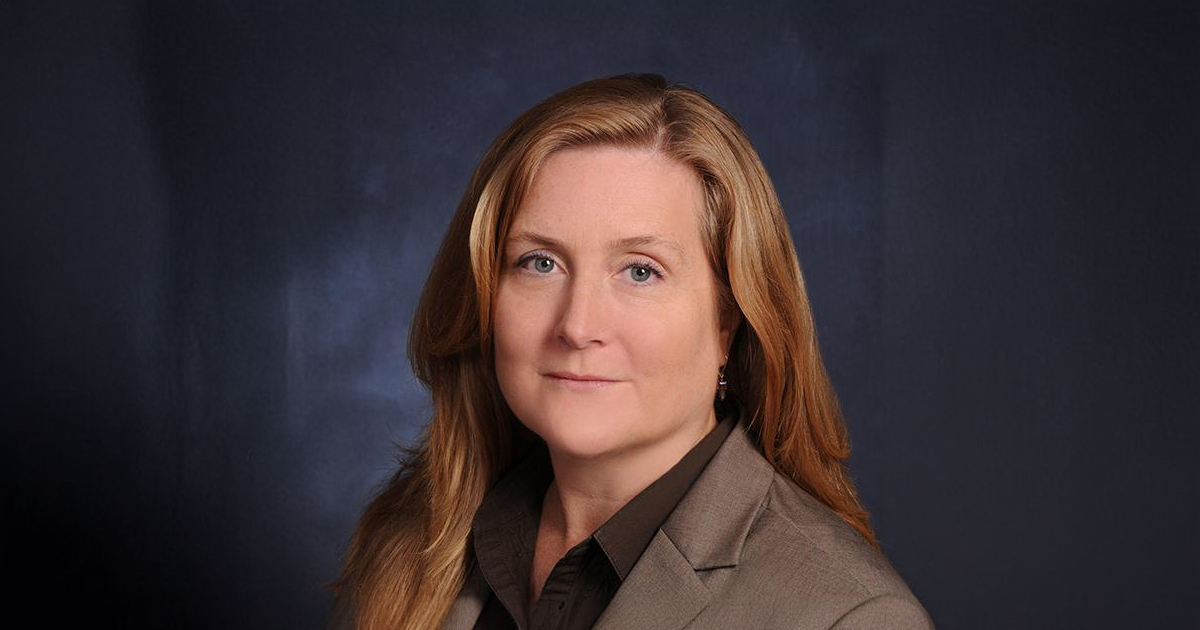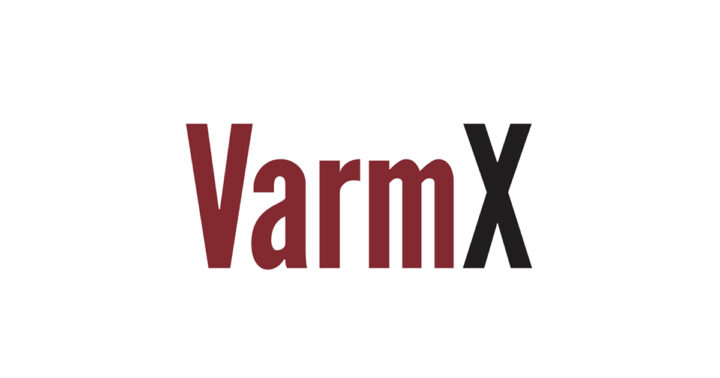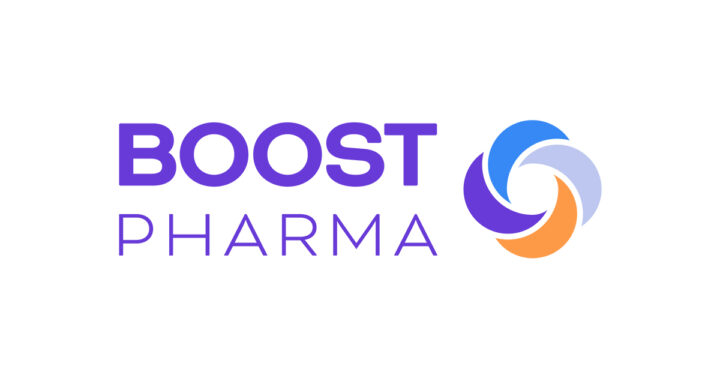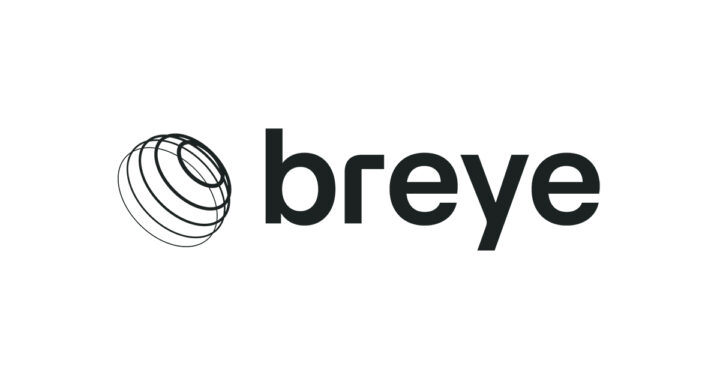A new drug rarely takes a direct path from idea to patient, especially a first-in-class therapy. For NephroDI Therapeutics, developing a novel approach addressing the critical unmet medical need of a rare kidney disorder has had many twists and turns. According to President & CEO Rachael Hagan, traversing them required both the science of people and the science of medicine, as well as disciplined preparation and strong partnerships.
Originally from the funding side of drug development, Hagan honed an ability to gauge the commercial prospect of scientific research through her work in the 2000s and 2010s at the Coulter Translational Partnership Fund, which helps universities across the United States commercialize early-stage medical technologies.
“I’ve always been really good about identifying people and opportunities and getting down to what people can do and what they can’t do,” Hagan explains. “My background is science, but people science,” she says, in reference to her bachelor’s degree in criminology. In 2013, Hagan obtained a master’s in medical regulatory affairs for “some street cred in the science world.”
Hagan met two of her fellow co-founders through her role at the fund. Emory University’s Professor Jeff Sands, M.D. and Dr. Janet Klein, Ph.D. were investigating AMPK activators as a way to treat Nephrogenic Diabetes Insipidus (NDI). And they’d recently teamed up with Dr. Ish Khanna, Ph.D. and Dr. Ram Pillarisetti, Ph.D., who’d developed a novel class of AMPK activators. The technology wasn’t out of a university, but it caught Hagan’s eye.
“At that time, I was looking for something new,” she admits. “I’d been doing funding for ten years, and I wanted to go to the other side.” Hagan could tell that the four researchers had something ready for the studies to enable an investigational new drug (IND), along with all the pieces of a biotech startup.
“I said, ‘Let’s do it. Let’s start a company together!’”
A simple vector approach
NDI patients essentially suffer from a failure to reabsorb enough water. Their kidneys are unable to respond to the antidiuretic hormone arginine vasopressin (AVP), causing large amounts of water to be expelled in urine and creating the constant risk of dehydration.
According to the NDI Foundation, while NDI is most commonly acquired due to medical treatment, the hereditary version of the disorder is more dangerous. Symptoms of inherited NDI begin within days of being born, leading to severe dehydration that can result in intellectual disability and other lifelong health issues.
The most common form of inherited NDI is X-linked NDI, caused by a mutation in the vasopressin V2 receptor (AVPR2) gene. Instead of focusing on the AVPR2 gene, NephroDI Therapeutics developed its lead compound, a small molecule called NDI-5001, to work downstream from the receptor, activating AMPK enzymes in the kidney cells.
As Hagan explains, it offers a simpler vector approach that’s much less complex than a trendy gene therapy-based treatment, which would require individual solutions for each of the 200+ AVPR2 mutations. “Small molecules may not be as sexy,” she says, “but they still work.”
“We changed course in a matter of a month…”
Because NDI is so rare, NDI-5001 has received orphan drug designation, providing NephroDI Therapeutics with extended exclusivity and an accelerated approval process. And because the company is focusing on inherited NDI, Hagan says NDI-5001 has been approved to qualify for the FDA’s priority review voucher for rare pediatric diseases, which would be a significant monetary benefit to the company and its investors.
But, of course, the drug that NephroDI Therapeutics develops has to work — which it almost didn’t.
“By 2020, we’d received some seed funding and got going on our IND work,” recalls Hagan. “Lo and behold, we hit a snag.” The initial lead compound wasn’t showing effective absorption in one of the safety models. According to Hagan, that would have been the end had they not been looking at compounds in the same class for other indications. Another AMPK activator showed positive results and could work for inherited NDI without the absorption problem.
“We changed course in a matter of a month, from one lead to the other, with no hiccups at all,” says Hagan. It turns out that both she and her team share the need to be ready if things go wrong. “And thank goodness we were in this case. We were prepared.”
NephroDI Therapeutics is currently in the final stage of its IND work and is expected to begin the first phase of clinical trials by the last quarter of 2024. “After we finish phase one, we should know the drug works, then we’re moving into the pediatric population,” explains Hagan, who thinks the critical phase two clinical trials should begin as early as the end of 2026.
A true partnership
Hagan found out about Sound Bioventures through a mutual connection at a contract research organization that NephroDI Therapeutics was considering. She reached out to Bibhash Mukhopadhyay, the fund’s managing partner in the US, to learn more about the firm.
“It sounded just like my perspective on funding: You get to know the people, you get to know the science, you check it out and make sure that there’s something there, and then you go into a partnership that’s truly a partnership,” says Hagan. “You’re looking to help each other.”
And while NephroDI Therapeutics was looking for a top-off investment, the company didn’t really need the capital it eventually received from Sound Bioventures. Instead, what appealed to Hagan was the experience and expertise of the team — just the kind of people a first-time CEO would need by their side as they moved into the kind of next stages that NephroDI Therapeutics faces.
“The money is great, but the advice and the support by the right people is everything.”
Want to read about other biotech startups like this one? Explore some of the companies that are part of the Sound Bioventures portfolio.



